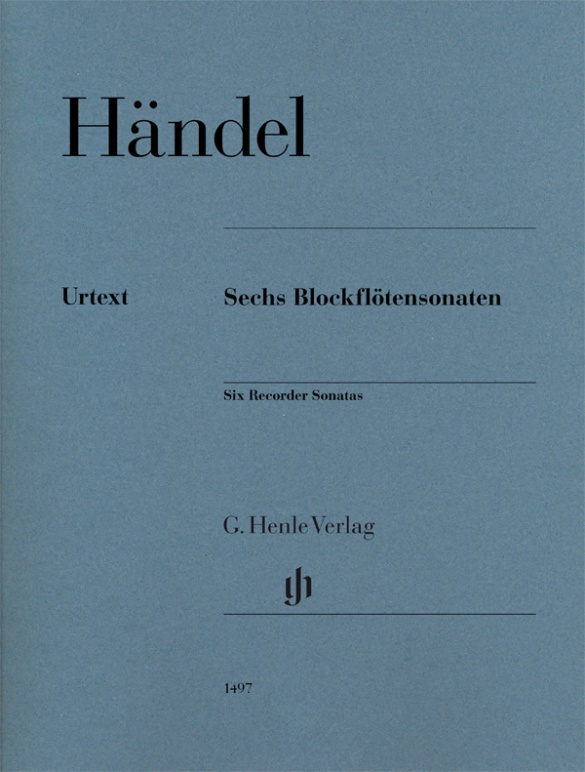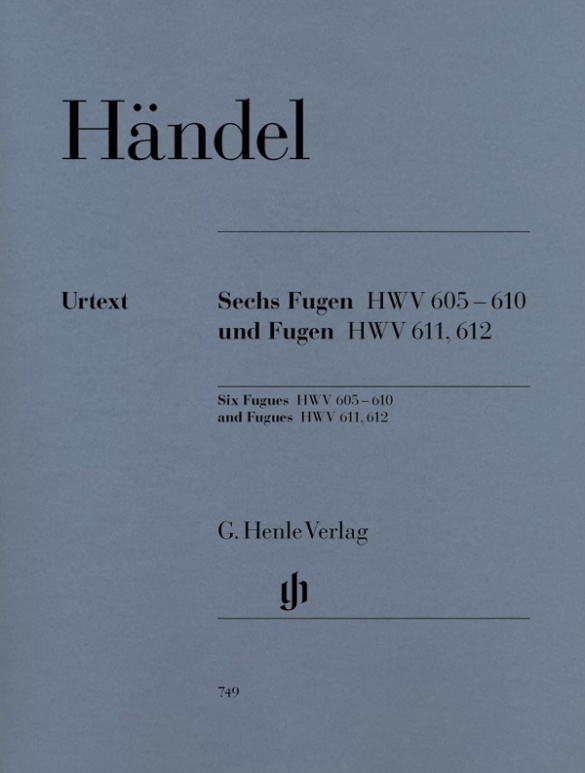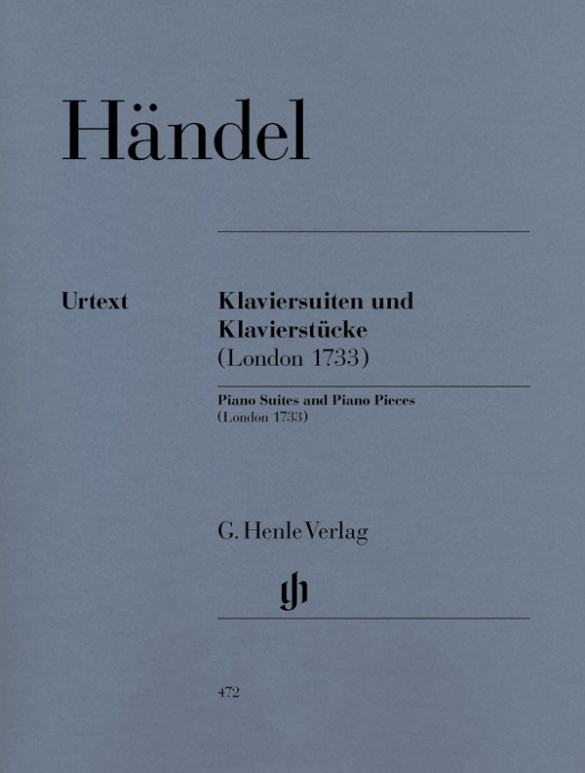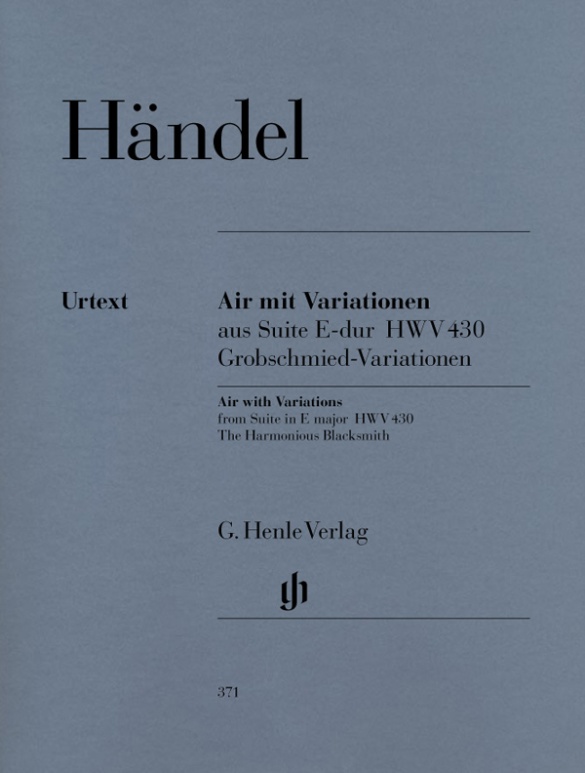Georg Friedrich Händel
Six Recorder Sonatas
At the beginning of the 18th century, the recorder enjoyed great popularity as a solo instrument for amateurs. Among these were also the princesses of the English court, for whose musical entertainment and training Handel’s six recorder sonatas were probably written in 1725/26. Only four of them appeared shortly thereafter in print and thus also reached a broader audience; the other two were first discovered for the recorder in the 20th century. Thanks to their melodic and rhythmic incisiveness, the pieces, whose recorder parts are relatively easily mastered, number among the most beautiful written for this instrument. Owing to wide-ranging bass lines and copious figures, the continuo instrument requires a rather well-versed player. In the score of the Urtext edition, Ullrich Scheideler provides a moderate continuo realisation; the additionally available performance score (HN 1574) with figured basso part offers the advanced musician latitude for his/her own improvisation.
内容/詳細
作曲家について
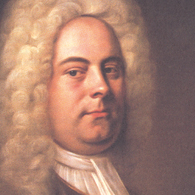
Georg Friedrich Händel
He numbers among the most important composers of Italian operas and is a major proponent of the oratorio; his immense oeuvre also comprises concerti grossi and solo concertos, liturgical music, chamber music, and music for keyboard instruments. He worked in London.
| 1685 | Born in Halle (Saale) on February 23. |
| 1702 | Organist at the Palace Cathedral in Halle. |
| 1703 | Employed as a violinist, later as a harpsichordist, at the Oper am Gänsemarkt in Hamburg; premiere in 1705 of the opera “Der in Krohnen erlangte Glücks-Wechsel, oder: Almira, Königin von Castilien” (“The Change of Fortune Won in Crowns, or: Almira, Queen of Castile”). |
| 1706–10 | Stay in Italy, with opera performances. |
| 1710 | Employed as music director by the Elector of Hanover. The 1711 London premiere of “Rinaldo” is a great success. In 1712, he will travel once more to London, where he will remain for the rest of his life. |
| from 1720 | Important position at the Royal Academy of Music, which he founded in 1717. |
| from 1724 | Successful premieres of “Giulio Cesare in Egitto,” “Tamerlano,” “Rodelinda” in 1725, and “Alessandro” in 1726. |
| 1728 | After the dissolution of the Royal Academy of Music, Handel continues to lead his own company. |
| 1733 | Competition from the Nobility Opera, which is supported by the aristocracy. Premiere of “Orlando.” |
| 1734 | Engagement of a French ballet troupe to outdo the Nobility Opera. Integration of French elements into his own operas. |
| from 1735 | Premiere of “Alcina,” “Giustino” in 1737, “Serse” in 1738 (containing the famous largo “Ombra mai fù”). |
| 1736 | Three “Water Music Suites,” HWV 348–350. |
| 1739 | Twelve “Concerti grossi,” Op. 6, after Corelli’s example. |
| 1741 | Unsuccessful premiere of the melodrama “Deidamia”. From then on, composition of oratorios, including “Messiah” (1741), “Judas Maccabaeus” (1746), and “Jephtha” (1751). |
| 1749 | “Music for the Royal Fireworks,” HWV 351. |
| 1759 | Death in London on April 14. |
製品安全に関する情報

G. Henle Verlag
製品の製造元に関する情報はこちらでご覧いただけます。G. Henle Verlag
Forstenrieder Allee 122
81476 München
info@henle.de
www.henle.com
Although there are already many editions of these popular works available, this is an excellent addition to any flute repertoire library, providing a clean and well-presented Urtext version from which a player can build stylistically appropriate and well-informed interpretation. Highly recommended.
PAN, 2022おすすめ
autogenerated_cross_selling
このタイトルを含む他の版
このタイトルを含む他の版


